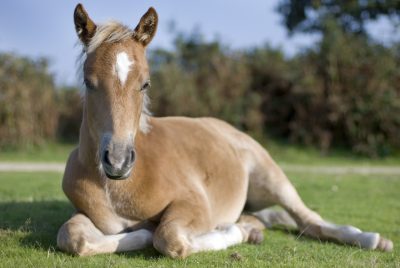NFK Conference 2018: Commoning
The New Forest Knowledge Conference 2018 was entitled ‘The Role of Commoning in the Maintenance of Landscape and Ecology from a New Forest, National and Global Perspective’.
Commoning is recognised as important in the survival of the New Forest: a prized reserve for endangered species and a beautiful landscape enjoyed for recreation. The New Forest commoning system has been described as unique in North Western Europe, characterised by the exercise of common rights by 700 commoners. This conference considered the use and significance of common pool resources from a historical, local, national and international perspective.
The conference which was chaired by Tony Hockley and Clive Chatters was held on Monday 29th October at Lyndhurst Community Centre.
As well as presentations, there were displays from various organisations as well as photographs gathered as part of the Through Our Ancestors’ Eyes project.
The programme below has links to each paper’s abstract along with the video of the presentation where it is available.
Morning
- The ecology of pastoralism; or why the New Forest is so good for wildlife – Clive Chatters, Hampshire & Isle of Wight Wildlife Trust
- Commoning & the Historic Landscape of Hunting Forests – Graham Bathe, Open Spaces Society & Researcher
- New Forest Commoning through the Ages – Richard Reeves, Independent Researcher
- Public benefit and private greed: The politics of improvement and enclosure in the New Forest – Gale Gould University of Southampton
Afternoon
- Commoning voices: interpreting the Real New Forest – Lyndsey Stride, Commoning Voices
- The positive contribution of commoning across England – Julia Aglionby, Foundation for Common Land
- Farming & Wildlife Advisory Group, South West – Jenny Phelps, Farming & Wildlife Advisory Group, South West
- Messages from elsewhere: Lessons from the management of commons in Norway – Chris Short, Countryside & Community Research Institute (CCRI)


